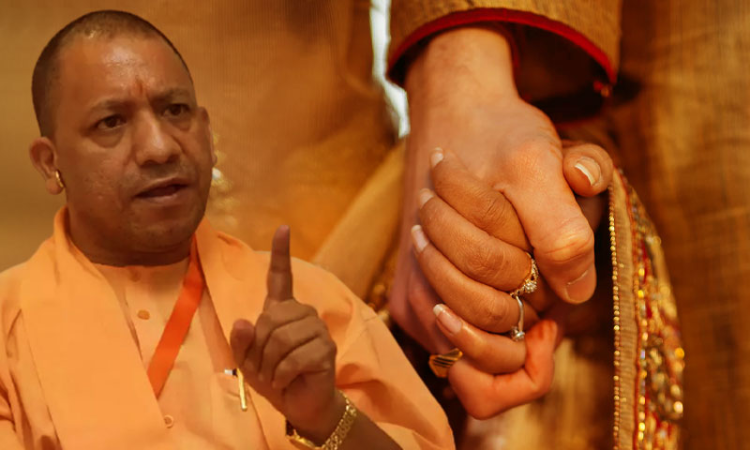Breaking- Plea In Allahabad High Court Challenges UP Government's Ordinance On Religious Conversions "In The Name of Love Jihad"
Akshita Saxena
11 Dec 2020 2:49 PM IST

"Ordinance merely serves a political purpose & is motivated by communally divisive agendas to impact societal peace & harmony"
Next Story


